In the immediate aftermath of the Conservative confidence vote in Boris Johnson last week, the senior Tories I spoke to were either shrugging their shoulders or scratching their heads. Or both.
None are planning for a general election in which Boris Johnson is prime minister. However, none could explain when, how or why he departs Downing Street.
The party is perfectly hamstrung. It resembles nothing more than that bus in the final scene of The Italian Job, hanging precariously off an Alpine cliff.
Boris Johnson is desperate to keep the prize. Others are more concerned with their own survival.
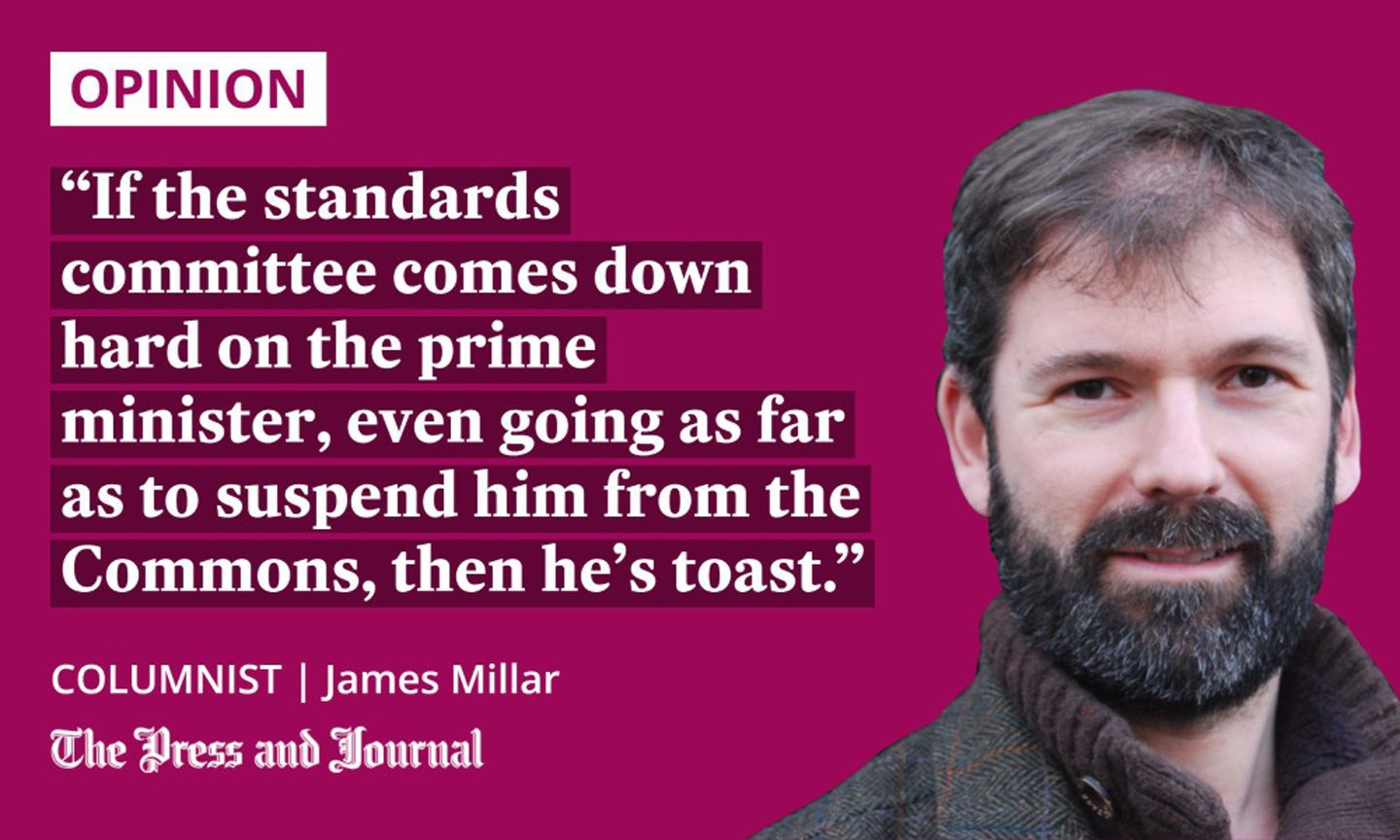
Any plan, any slight movement, risks tipping the whole thing one way or the other.
But, the absolute genius of The Italian Job is that, because it’s art and the movie ends at that point, as the first notes of The Self Preservation Society – could there be a better theme tune for the current Conservative Party? – strike up, the bus is swaying and stuck in perpetuity in our imaginations.
These days, of course, studio bosses would demand a sequel to The Italian Job. The pandemic has wrought havoc with cinema schedules, leaving only superhero blockbusters or gritty arthouse work on screens. So, in the Italian Job 2, the bus would either be saved by Iron Man or crash to its doom, leaving the movie to focus on the wives and children left behind in petty criminality and grinding poverty.
Similarly, in politics, there will have to be a resolution. And for all the comment about how the confidence vote was ill-timed, it threw up two little remarked-on consequences that could prove crucial.
Conservative whips are lacking
Firstly, it once again exposed the ineptitude of the Conservative whips’ operation: the people responsible for maintaining discipline and keeping the parliamentary party on the tracks. Early this year, in the aftermath of Sue Gray’s first report into Downing Street misbehaviour (or, perhaps, in reaction to my column about how the chaotic whips’ office was key to the PM’s survival), Boris Johnson made wholesale changes to his.
The fact he faced a confidence vote just a few months later shows how well that went. He substituted muppets for clowns.
Too many Tories heard nothing from the whips ahead of the confidence vote. You could view this as a laser-focused operation, perfectly aware of who was a lost cause and who was worth expending finite time on persuading.
If the whips cannot deliver full-throated parliamentary support for the PM, then the answer to the question of how he is finally finished may be about to present itself
But, even on that generous reading, it means Downing Street has given up on a third of the parliamentary party ever supporting the PM properly again. That’s unsustainable. If the whips cannot deliver full-throated parliamentary support for the PM, then the answer to the question of how he is finally finished may be about to present itself.
How will standards committee investigation play out?
The second consequence of the confidence vote is that it has moved the locus of the issue from the doorsteps to the Houses of Parliament.
MPs moved against the PM because they’d spent a gruelling bank holiday weekend getting it in the neck from constituents about what a pain in the neck Boris Johnson is. That sentiment will likely find its most obvious form in next week’s by-elections, both of which the Tories are expected to lose. (Though there’s a lot of expectation management in that. Bald mathematics trumps gossip and wannabe narratives – for the Conservatives to lose a 20,000 majority would be an actual feat.)
However, as long as MPs are second-guessing their constituents, Johnson can lean on his record of electoral success and make the case that the voters will come good when it matters.
And, when Westminster’s standards committee investigation into whether he misled the Commons over partygate reports, Downing Street could dismiss it as parliamentary flam – an archaic hoo-ha a world away from actual voters pressing concerns. Which it is. Except, the PM’s fate is now firmly in the hands of his MPs in parliament, not the electorate at large.
If the standards committee comes down hard on the prime minister, even going as far as to suspend him from the Commons, then he’s toast. The public don’t need to be au fait with standards committee procedure; MPs will understand the significance, and he’ll have to go.
More likely, the standards committee will fudge the issue, criticise the PM for loose language rather than call him a liar. But that might be enough to sway the necessary number of Tory MPs to lose their confidence in Johnson.
While Conservative Party rules currently debar another confidence vote in the next 12 months, the House of Commons as a whole can hold confidence votes without end, within reason.
For now, the Conservative psychodrama seems unending. But, with the next phase of Boris Johnson’s fate firmly playing out in parliament – where his whips are inept and the standards committee is taken seriously – an end to this administration has moved closer.
James Millar is a political commentator, author and a former Westminster correspondent for The Sunday Post
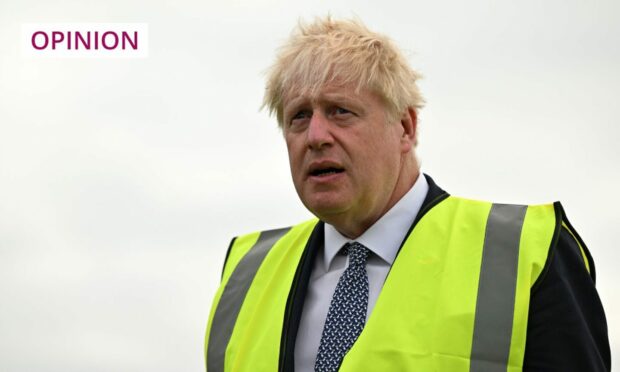
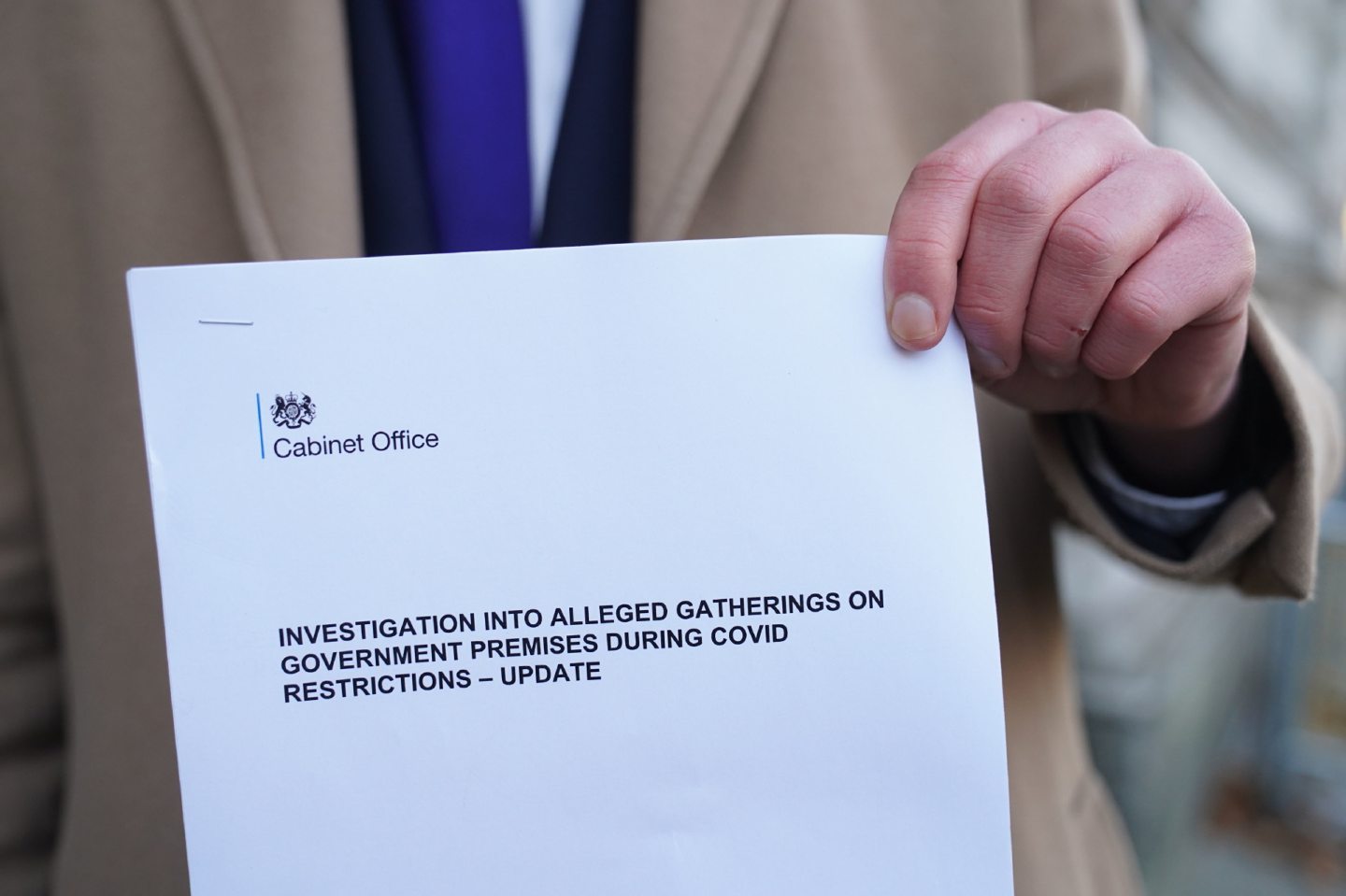
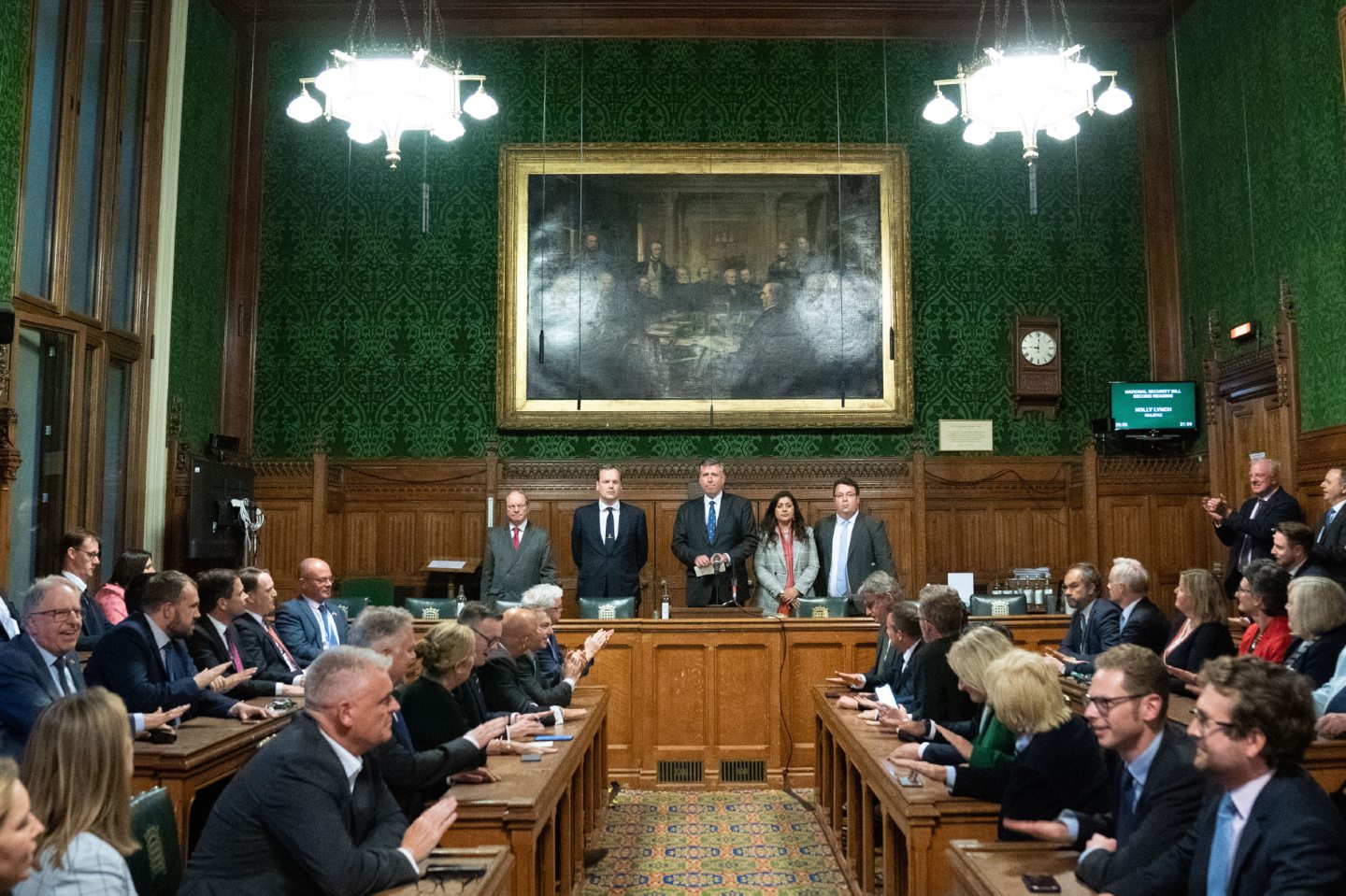
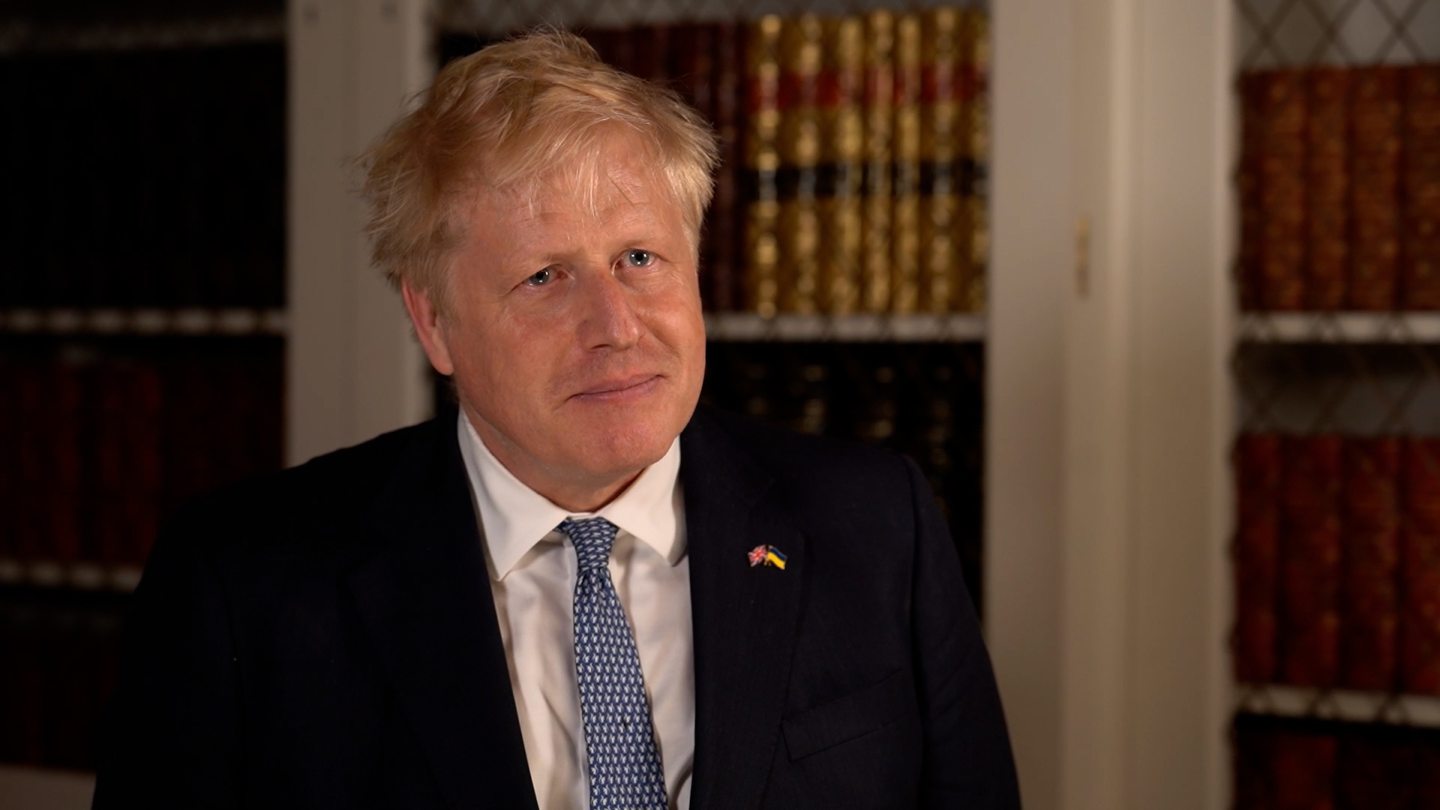
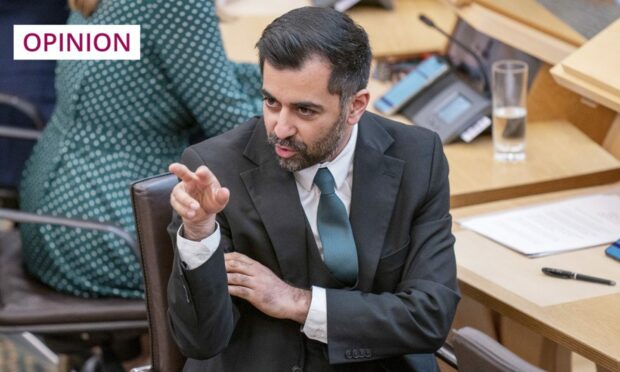
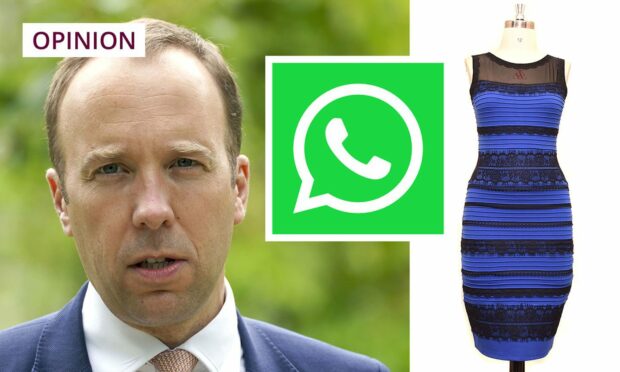

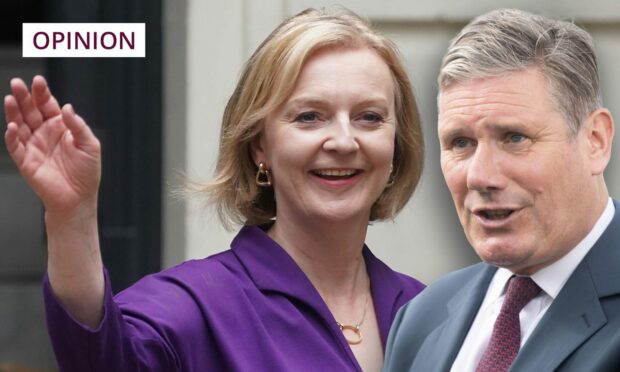
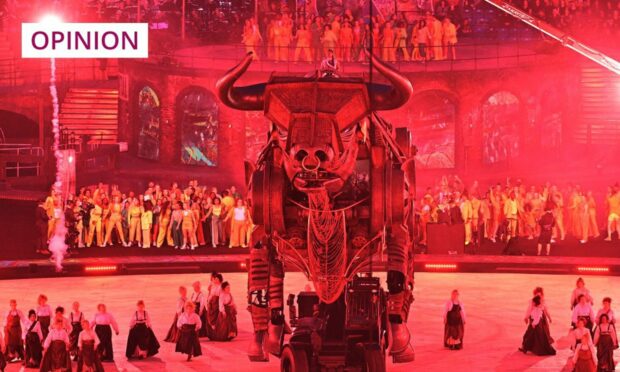

Conversation